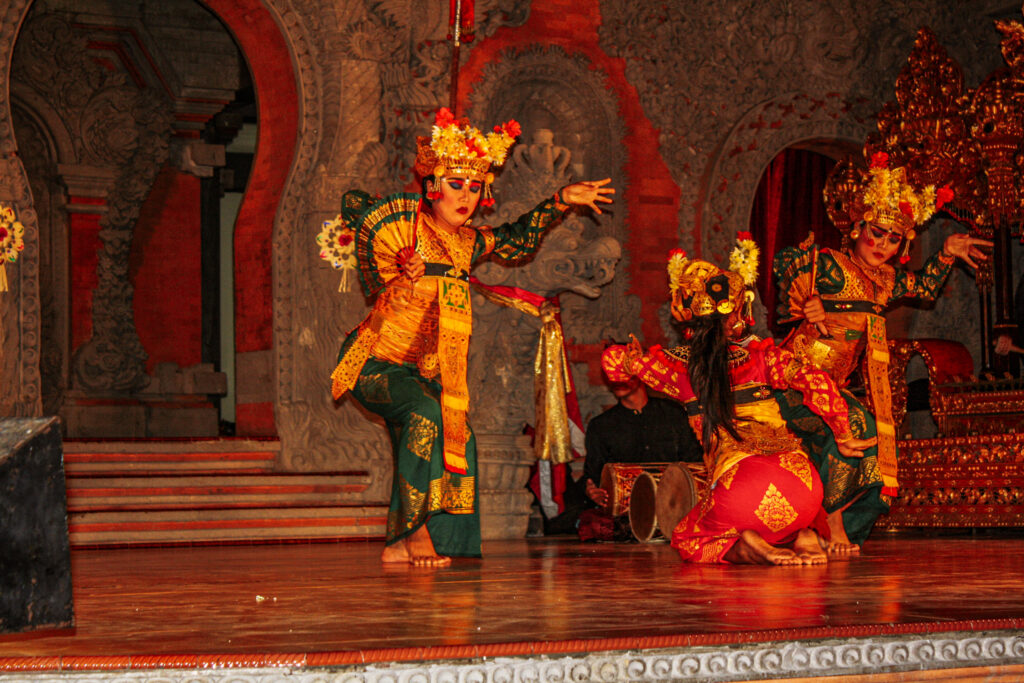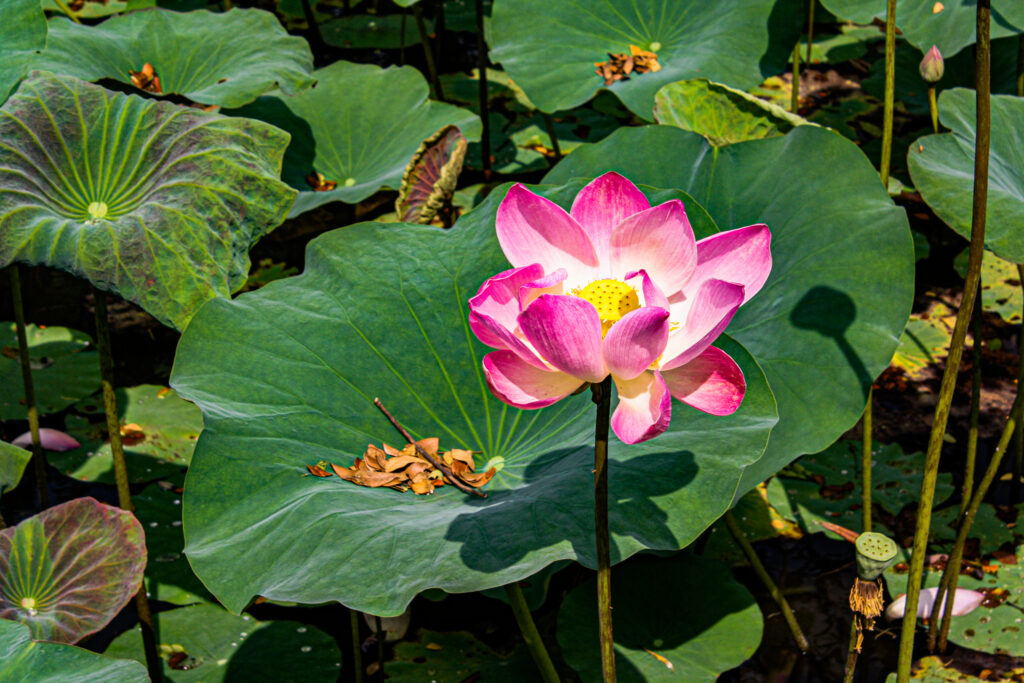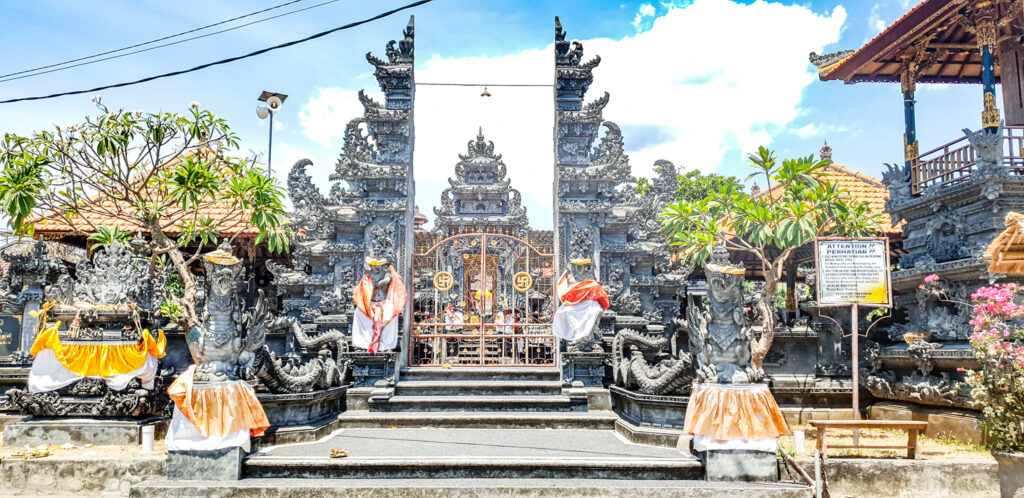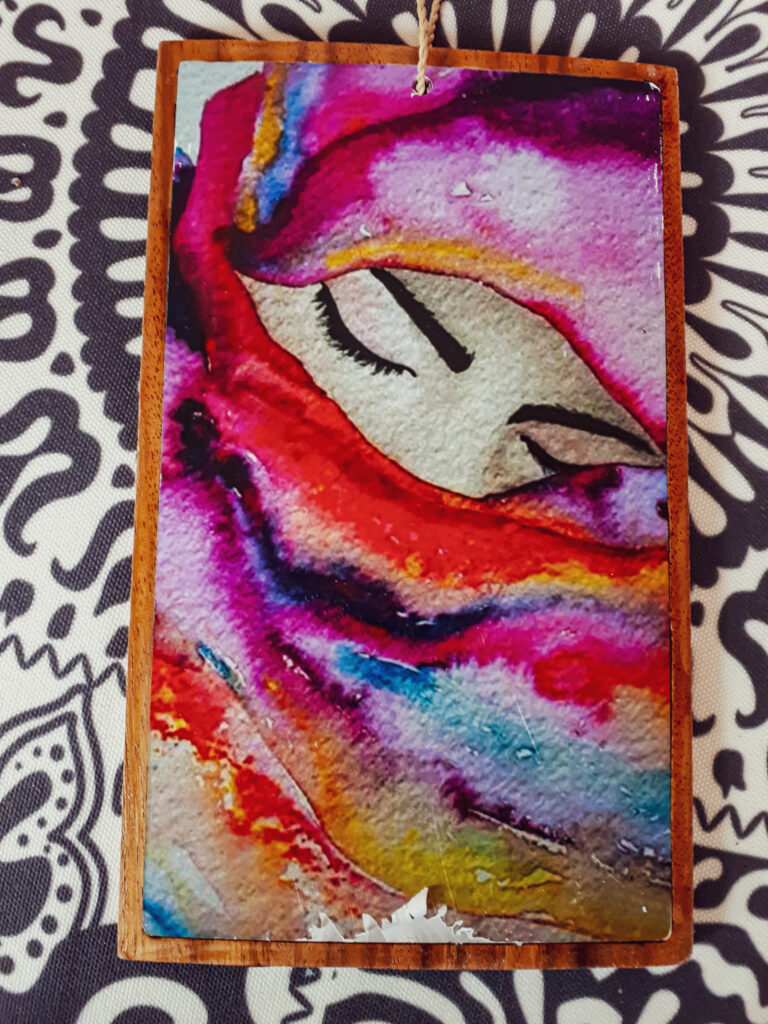The Islamic culture in Indonesia is a cultural travel related article that explores the Javanese Islamic religion and culture. With over 16,000 islands, Indonesia is known as a cultural hub in the archipelago. The diverse Indonesian culture is often associated with the Javanese culture, which varies across regions, population groups, and religious affiliations. Indonesia is home to the world’s largest Muslim population. Discover more about the Indonesian culture and the Islamic heritage on Java and Indonesia.

Table of Contents
The religious history of Indonesia
The religious history of Indonesia is long and divers. It has influences from different parts of the world. The majority of Indonesians today identify as Muslim, making Islam the dominant religion in the country. However, before the spread of Islam, Indonesia was home to a variety of indigenous religions and Hinduism and Buddhism also had significant influence.
Animism
One of the earliest recorded religions in Indonesia is animism, the belief that objects and natural phenomena possess a spiritual essence. This was practiced by the indigenous people of the archipelago before the arrival of Hinduism and Buddhism in the 1st century CE.
Hinduism & Buddhism
The influence of Hinduism can still be seen in Indonesia today, particularly on the island of Bali where it remains the dominant religion. Hindu kingdoms flourished in Indonesia from the 4th to 14th century, leaving behind impressive temples such as Borobudur and Prambanan. Buddhism also had a major impact on Indonesian history, particularly during the Srivijaya and Majapahit empires. The famous Buddhist temple of Borobudur was built during this time, showcasing the country’s rich cultural and religious heritage.
In the 13th century, Islam began to spread through Indonesia thanks to traders from Arabia and India. By the end of the 16th century, most of Indonesia had converted to Islam, with the exception of Bali and some other remote areas. During the colonial period, Christianity was introduced to Indonesia by European missionaries. Today, Christianity is practiced by a significant minority of Indonesians, particularly in the eastern parts of the country.
Unity in Diversity
Despite being a predominantly Muslim nation, Indonesia is known for its religious tolerance and diversity. The country’s national motto, “Unity in Diversity,” reflects this value and highlights the importance of coexistence among different religions and cultures. In recent years, there has been an increase in tensions between different religious groups in Indonesia, particularly between Muslims and Christians. However, the government has taken steps to promote interfaith dialogue and harmony. Indonesia is also home to various indigenous religions, such as traditional animism and ancestor worship. These beliefs are still practiced by some communities in rural areas of the country.

Islam in Indonesia
Indonesia has the largest Muslim population in terms of absolute numbers, with over 225 million Muslims residing in the country. The majority of Indonesian Muslims follow the Sunni branch of Islam, while a smaller minority follows Shia Islam. Islam in Indonesia is unique in its cultural and religious syncretism, which combines Islamic principles with traditional beliefs and practices.
This has resulted in a diverse range of customs, rituals, and traditions within the Muslim community. One example of this is the celebration of Maulid Nabi or Prophet Muhammad’s birthday. While Muslims around the world observe this occasion with prayers and recitation of religious texts, Indonesians also incorporate traditional dances and music into their celebrations.
Shia and Sunni Islam
Within Indonesia, there are two main branches of Islam that are followed: Shia and Sunni. While both branches share the fundamental beliefs of Islam such as the belief in one God (Allah) and following the teachings of Prophet Muhammad, there are some key differences that set them apart.
Shia Islam is believed to have originated from a group of followers who believed that Ali, the cousin and son-in-law of Prophet Muhammad, should have been his rightful successor. This branch is followed by around 2-3% of Indonesia’s population and is more prevalent in regions such as Aceh, Central Java, and South Sulawesi.
On the other hand, Sunni Islam is followed by the majority of Muslims in Indonesia (around 85-90%). This branch believes that the first four caliphs, Abu Bakr, Umar, Uthman, and Ali, were the rightful successors of Prophet Muhammad. Sunni Islam is further divided into different schools of thought, with the two most prominent ones being the Shafi’i and Hanafi schools.
Despite their differences, both Shia and Sunni Muslims in Indonesia coexist peacefully and often participate in each other’s religious celebrations. The government of Indonesia also upholds the principle of religious tolerance, ensuring that all citizens have the freedom to practice their own beliefs.

Animism
Animism is an ancient belief system that has been practiced in Indonesia since prehistoric times. It is a spiritual belief that everything, including plants, animals, and even inanimate objects such as rocks and rivers, have souls or spirits. This concept of animism is deeply ingrained in Indonesian culture and influences many aspects of daily life.
One of the key beliefs of animism in Indonesia is the idea of a balance between humans and nature. The natural world is seen as a source of life and it is believed that humans must live in harmony with nature to maintain this balance. This belief has played a significant role in shaping traditional environmental practices, such as sustainable agriculture and fishing methods.
Animism also involves the worship of ancestral spirits, known as “leluhur“, who are believed to still exist in the world and have the power to influence the lives of their descendants. This belief is closely tied to the practice of ancestor worship, where offerings and prayers are made to honour and seek guidance from these ancestral spirits.
The concept of animism has also influenced Indonesia’s traditional healing practices. Many indigenous healers believe that illnesses are caused by imbalances in the spiritual world, and therefore use a combination of natural remedies, rituals, and offerings to restore harmony and bring about healing.
Despite the influence of modern religions such as Islam and Christianity in Indonesia, animism continues to be an important aspect of the country’s cultural identity. It is not uncommon for Indonesians to practice both animism and a major religion, incorporating elements of animism into their daily lives and religious practices.
Hinduism
Hinduism is set up in a highly hierarchical structure. In the traditional Javanese culture the social status was also important. In their daily life they were thinking in terms like higher, equal or lower status. Everyone knew their place. The elderly came for the young, elder brothers and sisters came for the younger ones and so on. The social status of a person was reflecting their attitude and behaviour. Subordinates were expected to lower their heads when addressing their superiors. It was even possible to define someone’s social status by language.

Cultural travel articles
The Islamic culture in Indonesia is a captivating topic among various cultural travel articles. I have published more cultural travel related articles here at In the worlds jungle.
Are you intrigued by the idea of visiting Indonesia? Dive deeper into the enchanting destinations, vibrant festivals, practical travel tips, and the best time to explore in our comprehensive Beginner’s Travel Guide to Indonesia. Or explore the fascinating world of Balinese Hinduism. If you’re interested, I also offer captivating articles on Hinduism in India and Buddhism in Thailand.



This Post Has 4 Comments
Fascinating post! I feel like I know so little about much of Asia, especially nations like Indonesia which I’ve never visited, it was really interesting to learn – thanks for sharing
Hola Tom,
I love writing articles like this because I’m learning while I’m writing. Good to hear you are interested in cultural travel.
Adriana
What an informative article. I enjoyed reading it. There is so much to learn about the Indonesian culture and much to discover. Thank you for sharing. Eva
Hola Eva,
Thank you for your positive reply. This is a short version of the Indonesian culture but it’s a start. Thank you for visiting In the worlds jungle travel blog.
Adriana